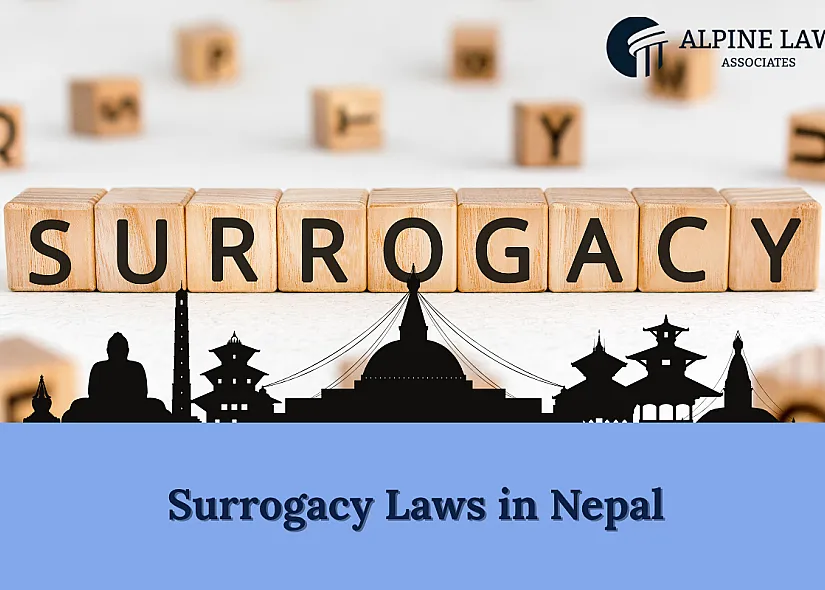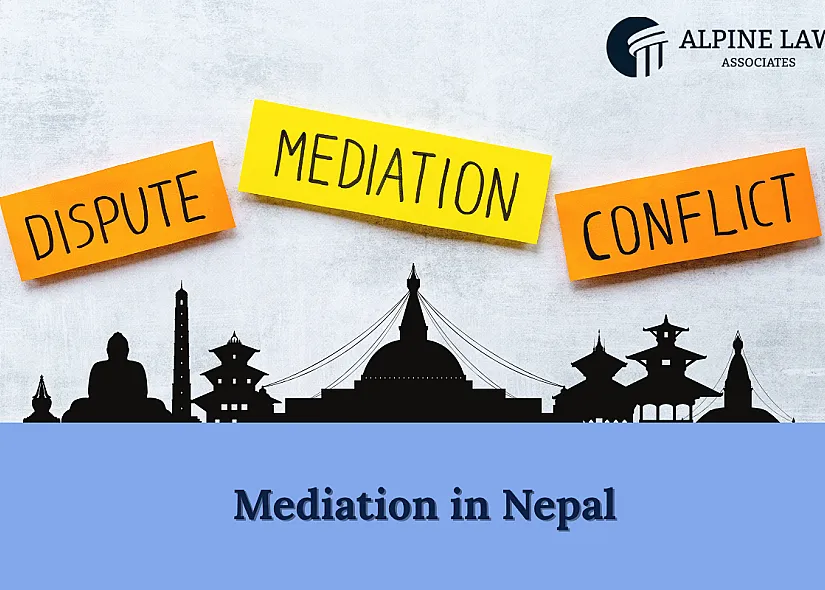Understanding the Punishment System in Nepal under National Penal Code
Nepal’s punishment system is grounded in both retributive and reformative principles. Governed by the National Penal Code, 2017, it includes imprisonment, fines, compensation, and provisions for minors and sentence remission. The law ensures proportional penalties while offering opportunities for rehabilitation and victim support. Serious crimes attract life imprisonment, while juvenile justice emphasizes reform over punishment. Despite advancements, the system still faces challenges like prison overcrowding and case backlogs. This article offers a comprehensive look at the current legal framework, key provisions, and ongoing reforms aimed at aligning Nepal’s penal system with global human rights standards.



-thumb_big.webp)
-thumb_big.webp)
-thumb_big.webp)
-thumb_big.webp)
-thumb_big.webp)
-thumb_big.webp)

